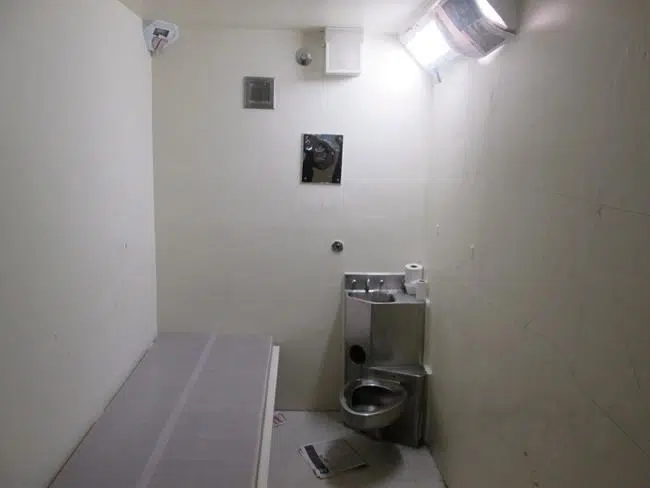
Solitary confinement rules struck down by B.C. judge as unconstitutional
VANCOUVER — Forcing federal inmates into solitary confinement for indefinite periods is unconstitutional because it puts them at significant risk of psychological harm and suicide, a British Columbia Supreme Court judge has ruled.
But Justice Peter Leask suspended his decision Wednesday for 12 months to give the government time to draft new legislation, which he said must include strict time limits on how long someone can be kept segregated.
The British Columbia Civil Liberties Association and the John Howard Society filed the legal challenge in 2015, calling so-called administrative segregation a cruel and inhumane punishment that can lead to severe psychological trauma.
The Crown argued the practice is a reasonable and necessary tool when prisoners pose a threat to others or are themselves at risk of being harmed.
